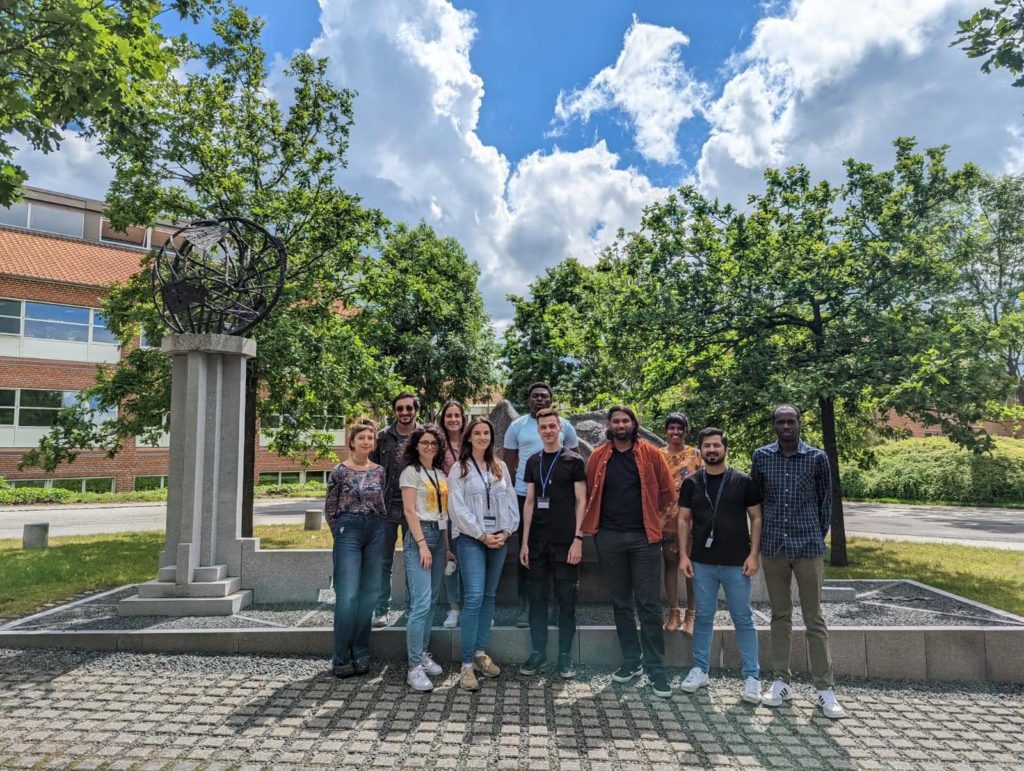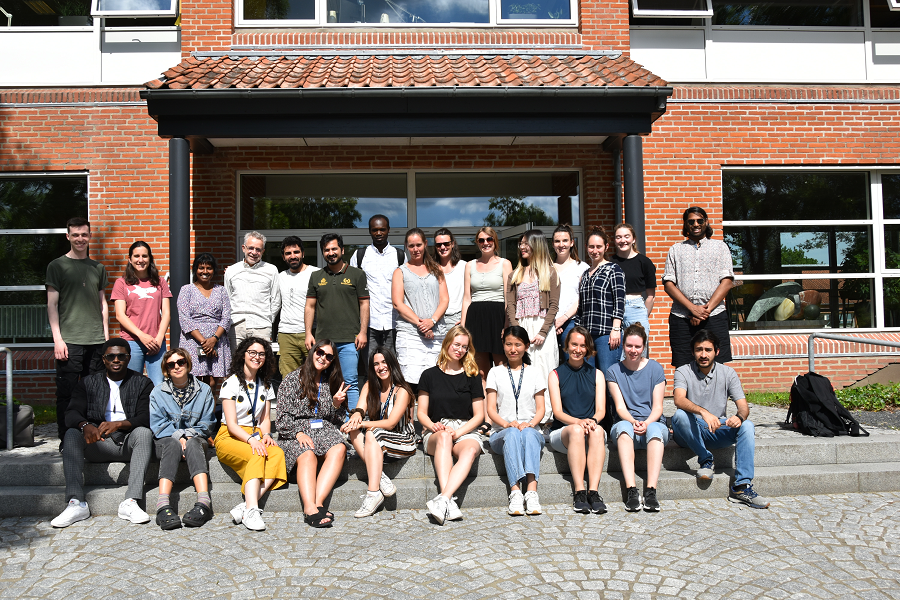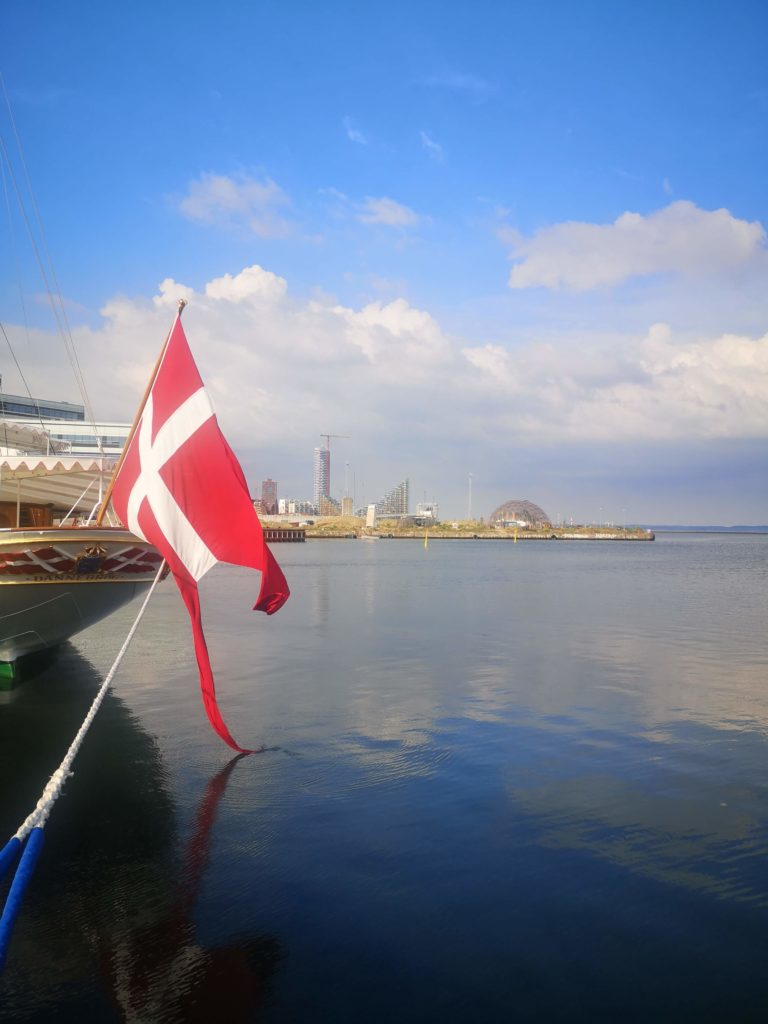ESR blog
As promised in the last blog, we would like to share some memories of the third training school at the Aarhus University in Denmark.
At the turn of June and July, we had the opportunity to participate in the Gut Health course, organized by Dr. Ole Højberg and given by experts in the field. This training school aimed to expand our knowledge specifically on two subjects, gut immunity and gut microbiology.

For two weeks, we participated at several courses on immunology presented by different lecturers. The development and evolution of the immune system was the main topic, which was followed by the immune defence and tolerance in the intestine and how nutrition, especially early life nutrition, impacts the immune system functions at the intestinal level. An open discussion at the end of each lecture was of great value, as it gave us the opportunity to exchange with experts and peers. There was a large variety of topics tackled, such as the utility of animal models and how mice and pigs are used in this research field. We also learned about the gut immune system and its connection with the brain (gut-brain axis), the different kind of cells population which constitute the gut immune system and how to assess their immune cell profiling, to be able to identify immune cell associated genes and proteins, as well as the cell types themselves. Several lectures focused on the concept of ‘gut health’: What is it? How to define it? Which markers are recognized as indicators of a healthy gut?
Another topic of discussion was the antibiotic resistance and the use of alternatives to antibiotics. How the laws regarding the antimicrobial use in food production have changed in the last years and how the farmers and veterinarians had to adapt to these changes was widely discuss as well. Several lectures focused on pre- and probioticsLive microbial feed supplements, which beneficially affects the host animal by improving its intesti… as alternatives to antibiotics. It was especially important in view of the recent ban of high dose usage of zinc oxideAn inorganic compound that is commonly used in animal feed as a zinc source. Zinc oxide has been use… in the European Union in the food production system. Zinc oxideAn inorganic compound that is commonly used in animal feed as a zinc source. Zinc oxide has been use… was highly used before as a supplement in early life nutrition, but it was linked to the insurgence of antibiotic resistance and environmental pollution. Another widely discussed topic was the post-weaningPeriod after the piglets are separated (weaned) from the sows. diarrhoea, one of the greatest problem in pig production, and the different strategies to treat it. Really delightful was also the participation to practical activities such as direct analysis of gut sections and microbiology laboratory work.

The additional benefit of this course was the possibility of expanding the network since it was open to Ph.D. students not involved in the MonoGutHealth. It gave us the opportunity to share our projects, compare our experiences and grow both professionally and personally.

Finally yet importantly, we had the pleasure to explore Viborg, the town where the courses took place and to visit Aarhus, the closest main city.